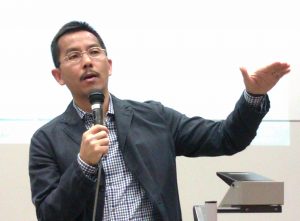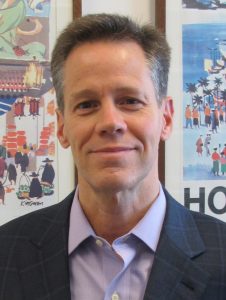Showing 1-4 of 4 items

We are honoured to have Prof. Ray Yep, Associate Head of the Department of Public Policy at City University of Hong Kong, to be our interviewee this week. A political scientist by training, Prof. Yep specialises in the study of the political economy of China’s reforms, the late colonial governance of Hong Kong, and contentious politics. His book on the ICAC 靜默革命:香港廉政百年共業, edited volume Negotiating Autonomy in Greater China: Hong

The Project is delighted to have Dr. Christopher Munn to be our interviewee this week. A former administrative officer in the Hong Kong Government 1980-1992, and a staff member of the Hong Kong Monetary Authority 1998-2010, Dr. Munn has published extensively on Hong Kong History. In particular, his book Anglo-China: Chinese People and British Rule in Hong Kong, 1841-1880 sheds light on how colonial governance affected the lives of people in early British Hong

Our second interviewee is Prof. Mark Hampton, of the history department at Lingnan University. A resident of Hong Kong for almost eleven years, Prof. Hampton has published widely on British media and culture, including the recent book Hong Kong and British Culture, 1945-97. HKHP: How did this all begin? (Your research interests, your career, or your life in Hong Kong, etc.) MH: For about twenty years now, I have been

We are delighted to announce that our Blog is starting a new series! In this series, we ask the same set of six questions to scholars with a common interest in Hong Kong from different disciplines. Our inaugural interviewee is Prof. John Carroll, Associate Dean of the Faculty of Arts at the University of Hong Kong. Prof. Carroll spent his childhood and teenage years in North Point and Causeway Bay before he